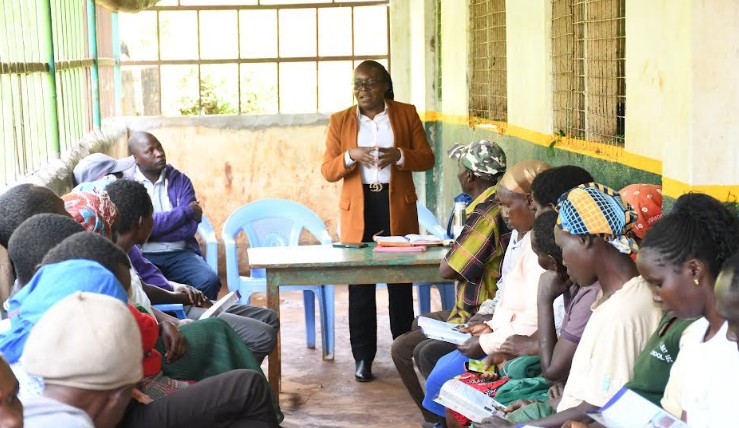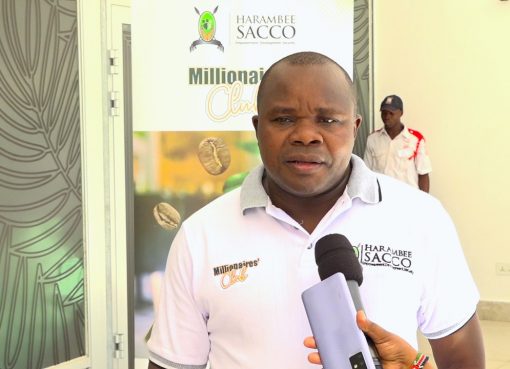The Micro and Small Enterprises Authority (MSEA) has called on Kericho residents to form and formalise business groups in order to benefit from various government programmes, notably the upcoming Kenya Jobs and Economic Transformation (KJET) project.
This five-year programme, funded by the World Bank (2024-2029), is designed to enhance private sector investments, improve access to markets, and provide sustainable finance, with the ultimate goal of creating and improving jobs.
Speaking during a sensitisation forum in Momul village, Belgut Sub County, Acting Senior Enterprise Development Officer Michelle Aburilli pointed out that the project that will soon be rolled out will target to create and improve the productivity of select MSME clusters based on priority value chains envisioned under the Bottom-Up Economic Transformation Agenda.
“Kenya Jobs and Economic Transformation (KJET), financed by the World Bank, does not discriminate based on age.
In this project, we shall be financing those that are in the group. This project finances machines for value addition. If you want to do tea processing or tea packaging, we assess the most suitable machines, and MSEA makes a financing proposal,” Aburilli added.
“These priority value chains will not only earn us money locally but will also boost our earnings internationally,” explained Aburilli.
Aburilli further explained that the project will strengthen competitiveness and market access of the MSMEs through the provision of generalised and Value Chain Specific Business Development Services as well as co-investment in viable MSME clusters.
She further said that the KJET project, implemented by the MSEA, focuses on Business Development Services (BDS) and Investment Support for Micro, Small, and Medium Enterprises (MSMEs) to enhance productivity, efficiency, and job creation within MSME clusters across the 47 Counties.
“The programme prioritises specific value chains under the Bottom-Up Economic Transformation Agenda. These value chains were selected for their high potential in employment generation and market demand.
They include; Edible Oils, Building Materials (Construction), Textiles, Tea, Coffee, Dairy, Leather, Blue Economy, and Minerals,” explained Aburilli.
Aburilli assured them that the MSMEs would receive free generalised and specialised training, capacity building, and investment support, specifically for acquiring machinery to improve operational efficiency.
“Further details, including application procedures and eligibility criteria, will be posted on the official MSEA website in due course,” added Aburil.
Meanwhile, Chemamul Sub-location Assistant Chief Janet Keter reinforced the message, urging locals to formalise their business groups to fully capitalise on these life-changing government programmes.
“When you register as a group, you gain access to training on adding value to your farm products, which directly translates to better returns on your investments,” Mrs. Keter stated.
By Kibe Mburu and Hillary Kemei



